Search
Search within
1447 results found
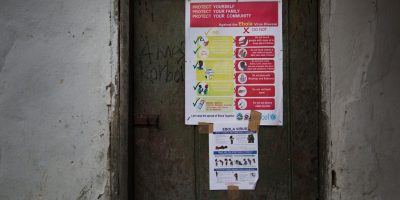
Briefing
Ebola Vaccine Trial in Sierra Leone Battles Against Fear and Logistics
Health workers face suspicion and a lack of cold storage as they test the Ebola vaccine and also try to reach children who have missed inoculations against other diseases.
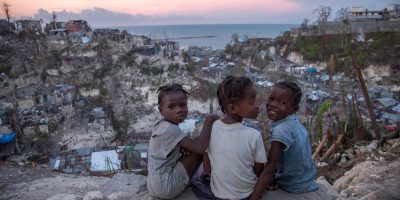
Article
Hurricane Matthew: Haiti Needs Vaccines to Stop Deadly Cholera Spreading
9,000 people died in Haiti’s last cholera outbreak. We must act fast in disaster-affected hotspots to help prevent history repeating itself.
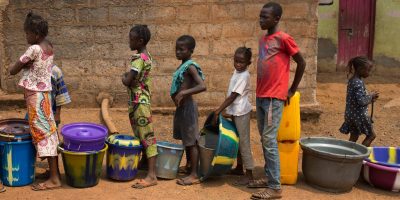
Briefing
Social Stigma Compounds Desperate Poverty of Guinea’s Ebola Survivors
Shunned by their communities and unable to work, female survivors of Ebola in Guinea face profound hardship as they try to care for their families.
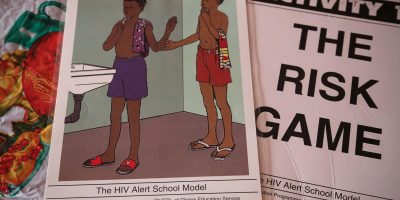
Briefing
It Isn’t Lack of Drugs Preventing Us Eradicating AIDS, But Inequality
To tackle HIV rates we must give a voice to people prevented from accessing treatment due to social stigma.
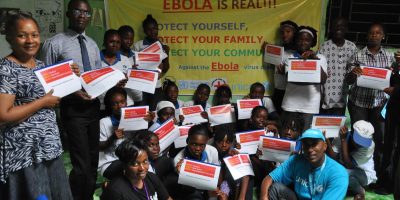
Briefing
We Cannot Learn the Lessons of Ebola If We Continue to Undervalue Local Efforts
Reports into the Ebola outbreak overemphasise the role of the World Health Organisation while neglecting the importance of local community responses.
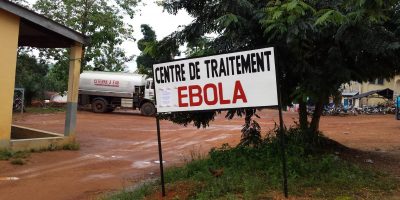
Briefing
Healers Cure Mistrust in Guinea’s Health System after Horrors of Ebola
Practitioners of traditional medicine – the first port of call for 80% of Guineans – could be invaluable in helping fight other killer diseases, such as malaria.
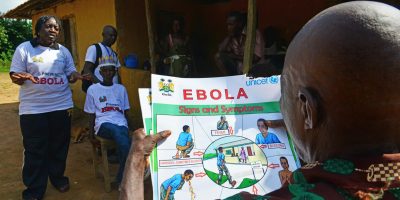
Background report
Historical Parallels, Ebola Virus Disease and Cholera: Understanding Community Distrust and Social Violence with Epidemics
In the three West African countries most affected by the recent Ebola virus disease (EVD) outbreak,resistance to public health measures contributed to the startling speed and persistence of this epidemic in the region. But how do we explain this resistance,…
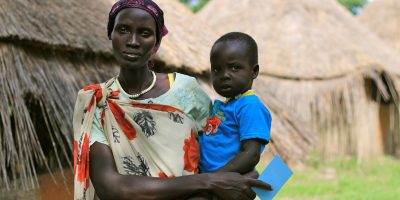
Background report
Health Vulnerabilities among Migrant/Mobile Populations in Urban Settings of East and Southern Africa: A Regional Synthesis of Evidence from Literature
Using the principles of reputational case selection sampling procedure and thematic search of electronic databases and websites, we implemented a regional synthesis of evidence on the health vulnerabilities of migrant and mobile populations in urban areas of East and Southern…

Evidence review
El Niño: Overview of Impact, Projected Humanitarian Needs and Response as of 02 June 2016
The humanitarian impact of the 2015-2016 El Niño remains deeply alarming, now affecting over 60 million people. Central America, East Africa (particularly Ethiopia), the Pacific and Southern Africa remain the most affected regions. The El Niño phenomenon is now in decline, but projections indicate the situation will worsen…
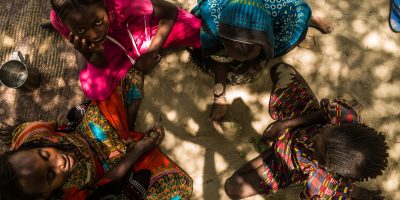
Evidence review
A Plan to Strengthen Community Resilience to Drought in Southern Africa
This plan aims to reinforce community resilience to food insecurity by strengthening the following areas: access to and availability of food; household food security and nutrition and livelihoods; community-based disaster risk reduction; access to safe water and hygiene, and health…
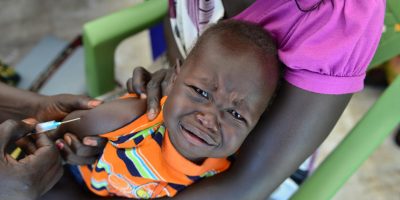
Briefing
Plotting Global Health Attention through Pandemics
In late August 2011, on the eve of the tenth anniversary of 9/11, Hurricane Irene tore northwards up the Atlantic, its projected path fixed over the U.S. East Coast. So great was the force of the tropical storm’s anticipation that…
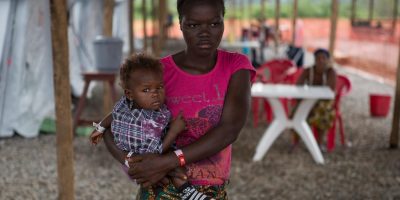
Briefing
Untimely Ends and the Pandemic Imaginary
“Untimely ends” can then be best approached as transformative topoi between the symbolic order of really existing epidemics and the pandemic imaginary, as a vision of the (biological and ontological) end of humanity. Rather than just bridging experience and anticipation,…


